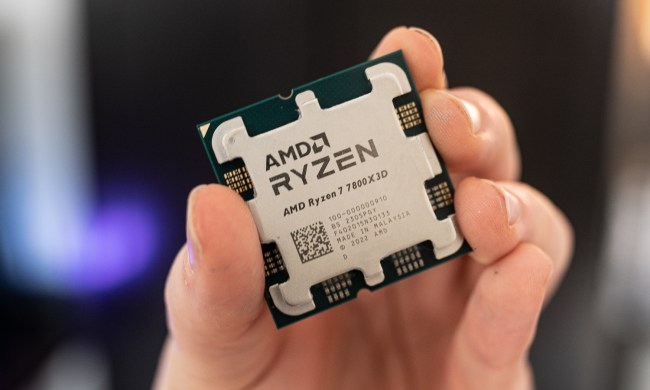If various reports are anything to go by, Intel is about to expand its share of the best processors with the upcoming Arrow Lake. As a result, benchmark leaks are almost a daily occurrence at this point. While the flagship Core Ultra 9 285K is mostly doing a good job against its AMD competitors, the non-K version failed to beat the AMD Ryzen 7 9700X and the Intel Core 9 14900.
The Core Ultra 9 285 appeared in a Geekbench 6 test, first shared by Benchleaks, and the scores are nothing to write home about. The processor scored 3,081 points in the single-core test, which is fairly competitive, and a measly 14,150 points in the multi-core benchmark, which is disappointing. In fact, while the single-core test went better, both of these scores put it firmly behind many CPUs that we’d expect it to be able to beat.
[GB6 CPU] Unknown CPU
CPU: Intel Core Ultra 9 285 (24C 24T)
Min/Max/Avg: 5461/5579/5560 MHz
Codename: Arrow Lake
CPUID: C0662 (GenuineIntel)
Single: 3081
Multi: 14150https://t.co/zPyFYuKEoH— Benchleaks (@BenchLeaks) September 30, 2024
Let’s start with the Ryzen 7 9700X. As noted by TechPowerUp, the recent AMD CPU scored 3,624 points and 19,381 points in single-core and multi-core, respectively. Meanwhile, the last-gen Core i9-14900K scored 3,083 points and 20,749 points on average. I checked the Core i9-14900 for good measure and found Geekbench 6 scores of 2,910 and 17,509 in single- and multi-core, respectively, which is a lot lower than the K CPU, but still higher than the upcoming Arrow Lake chip.
The CPU was paired with an Asus Z890-P motherboard and was able to achieve a maximum frequency of 5.5GHz. However, the base clock speed was fairly low, sitting at a mere 2.5GHz. The system also only had 8GB of DDR5-5500 RAM — an unexpected configuration for a high-end chip that could’ve had something to do with these poor results.
Some reports claim that the Core Ultra 9 285 might be locked to 65 watts. If that’s the case, that would also help explain the benchmark scores when compared to the Core Ultra 9 285K, which achieved over 21,000 points in Geekbench. On the other hand, until recently, AMD’s Ryzen 7 9700X was also limited to a lower thermal design power (TDP).
So, is the Core Ultra 9 285 doomed? Not at all. It’s too early to judge based on a single benchmark. We might be dealing with an engineering sample, driver considerations might come into play, and the 8GB of memory isn’t ideal, either. We should hold off on coming to a conclusion until these CPUs are out in the wild, which might not be long now, although the K parts are said to launch first. Leaks point to October 24.




